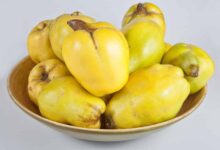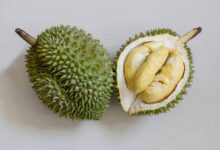PREGNANCY
9 June 2024
Taking the Most Important Natural Vitamins for Pregnancy
Prepare for your pregnancy journey confidently with our vitamins for pregnancy guide, simplifying overwhelming choices…
PREGNANCY
26 May 2024
Carbohydrates in Pregnancy: Foods, Daily Intake, and Nutrition Guidelines
Understanding the role of carbohydrates in pregnancy is crucial for maintaining optimal nutrition and supporting…
PREGNANCY
19 May 2024
How to Exercise During Pregnancy: Comprehensive Guide for Each Trimester
Exercise during pregnancy is essential for a healthier journey and smoother delivery. This comprehensive guide…
PREGNANCY
12 May 2024
How To Avoid Constipation During Pregnancy: Understandings Insights and 7 Key Strategies
Pregnancy is indeed a beautiful journey, yet it also brings its own set of challenges,…
TOOLS
5 May 2024
BMI Calculator
The BMI Calculator is a practical tool designed to assess an individual’s Body Mass Index…
TOOLS
28 April 2024
Calorie Calculator
A calorie tracker is beneficial for monitoring your daily calorie intake, food choices, and eating…
BABIES
21 April 2024
Get Better Sleep with a Newborn: 10 Proven Strategies for New Parents
Welcome to the wonderful world of parenthood! The arrival of your new bundle of joy…
RECOMENDED
14 April 2024
Third Trimester Checkups and Recommended Practices for a Healthy Pregnancy
Entering the third trimester marks an exciting final stretch before you meet your baby. This…
RECOMENDED
31 March 2024
The Vital Role of Second Trimester Pregnancy Check-Ups: 3 Nurturing Wellness Decisions
In the journey of pregnancy, the second trimester marks a period of significant growth and…
RECOMENDED
24 March 2024
5 Expert Tips for First Trimester Checkup: Essential Care & Importance
Congratulations on embarking on this incredible journey of pregnancy! The first trimester is a crucial…














